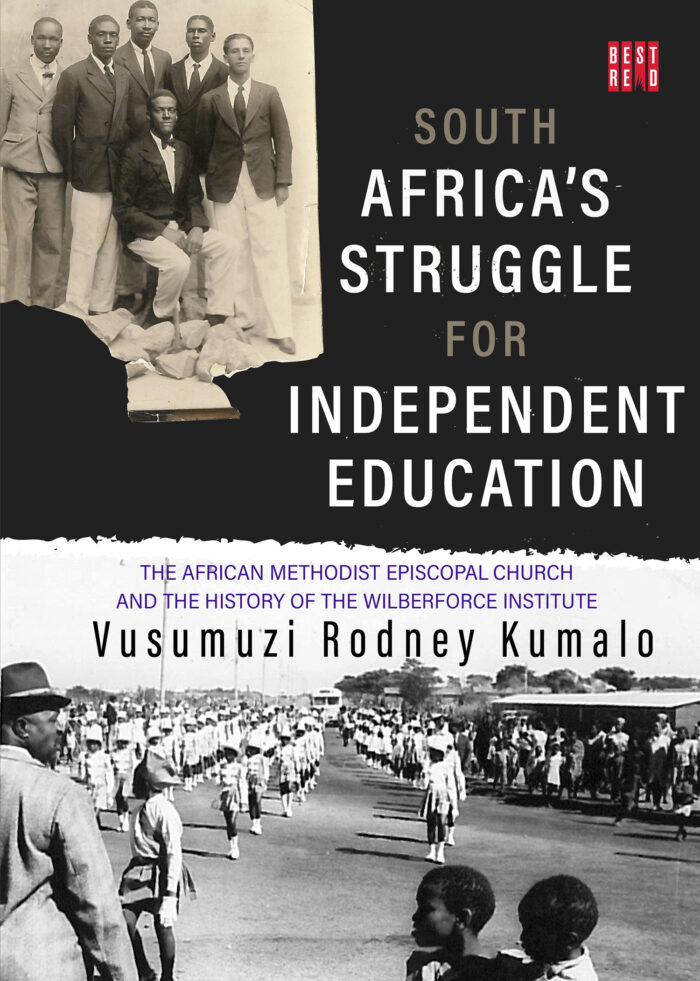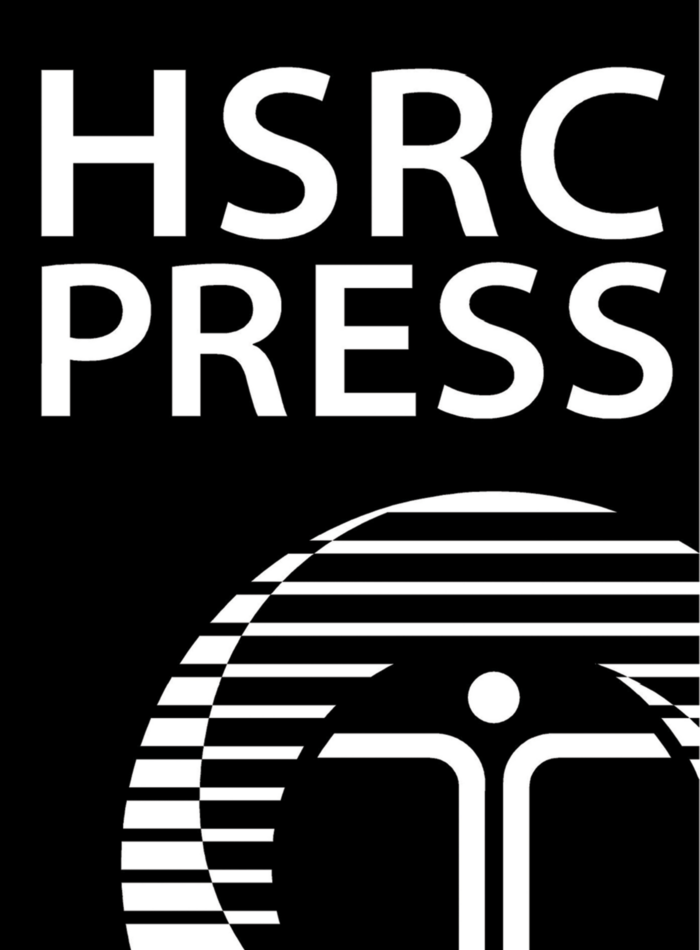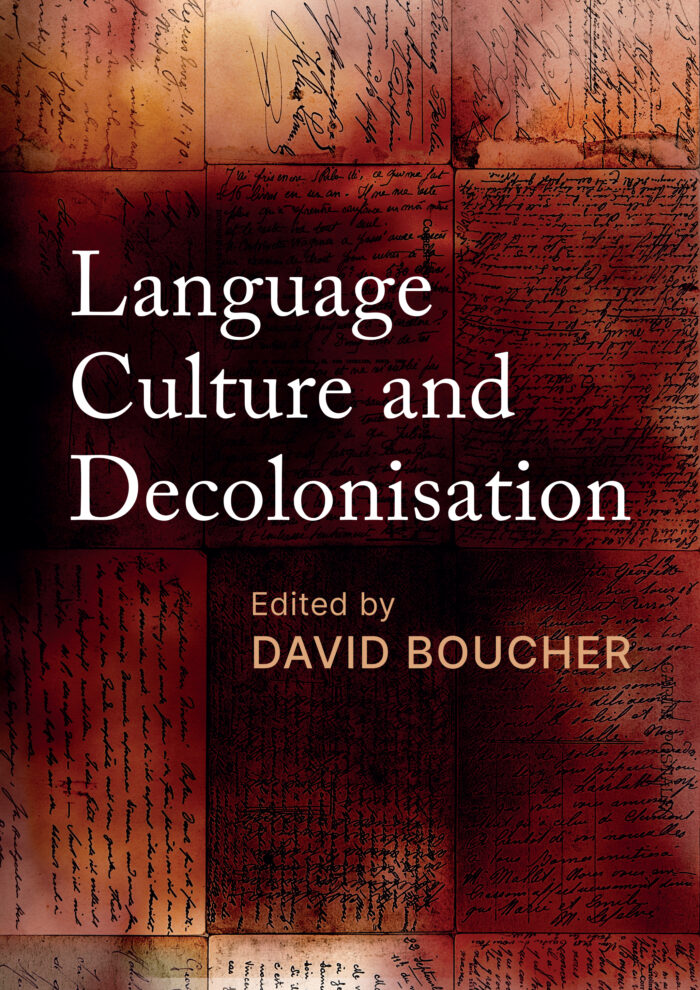

South Africa’s Struggle for Independent Education
The African Methodist Episcopal Church and the History of the Wilberforce Institute
Author: Vusumuzi Rodney Kumalo
Publication: December 2022
ISBN (softcover): 978-1-928246-49-7
Format: 235 x 168mm
Extent: 256pp
Price: R299
About the book
South Africa’s Struggle for Independent Education focuses on the Wilberforce Institute, one of the first major independent African schools in segregationist South Africa. It became the epicentre of the independent school movement in the Transvaal in the early twentieth century, demonstrating how despite profound linguistic differences and regional backgrounds, newly urbanised, mission-educated African people shared far-reaching educational aspirations in the rapidly growing cosmopolitan, gold-driven Johannesburg after the South African War (1899–1902).
The book examines how their common histories of oppression, segregation, displacement and dispossession, as well as despair and disillusionment with the mainstream missionary education, incited the new urban dwellers to wage the struggle for African independent education, and tells the story of how their determination led to the formation of the Wilberforce Institute.
Contact:


Language, Culture and Decolonisation
Editor: David Boucher
Publication: September 2022
ISBN (softcover): 978-0-7969-2612-8
Format: 240 x 168 mm
Extent: 248pp
Price: R380
About the book
Language, Culture and Decolonisation discusses the importance of language in decoloniality from a global perspective, and the decolonisation process from the disciplinary vantage points of history, politics, philosophy, and literary studies.
The book makes original contributions to our understanding of how, in Fanon’s words, colonialism gets under the skin of the colonised by taking control of a people’s history, language and culture, and denigrating all three. This edited volume examines classic and contemporary arguments that make the case for the importance of indigenous languages, including creole, in the cultural formation and expression of one’s identity. It also looks at arguments that make the case for the appropriation of the language of the coloniser as a method of subversion. French and English, for example, became the lingua franca of an elite pan-African intelligentsia.
This insightful book also shows how the coloniser, in promoting indigenous cultures and languages, may defuse and control potential political resistance, as we see in the case of the South African government and the Zulu nation.
Contact:
skhan@hsrc.ac.za


